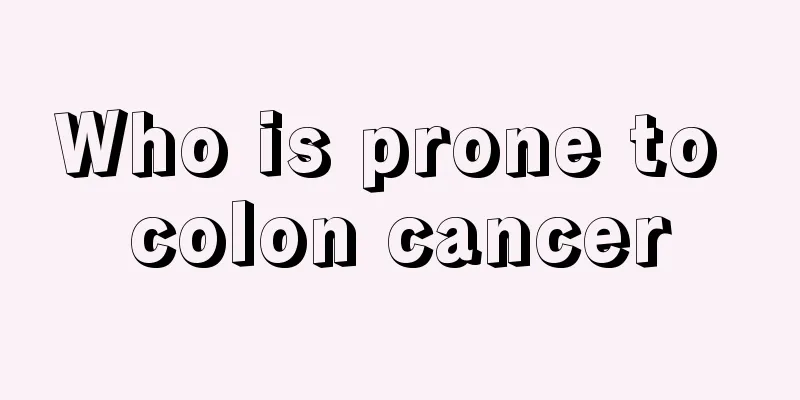What are the principles of wound management?

|
In daily life, we are bound to encounter some small wounds. If we cannot deal with them in time, they may fester and bacteria will invade and make it difficult for the wound to heal. This will likely leave scars and affect the appearance. Moreover, many wounds may become infected if they are not sutured in time, which will make the healing time longer and the scars larger. Here, I will introduce some principles of wound treatment. For general skin wounds, the first thing to do is to stop the bleeding. The most convenient way to stop bleeding is to directly apply pressure to the injured part, and then release it for examination by the doctor in the hospital. Unless the bleeding from the wound is spurting out, randomly using rubber, cloth tape, etc. to tie up the limbs above the injured part to stop bleeding should be avoided as much as possible. Secondly, the wound should be kept clean. In the past, some people stuffed tobacco, incense ash, or unsterilized objects into the wound, which is wrong. The wound should be rinsed with disinfectant and bandaged with sterile dressings. If there is no sterile dressing on site, use the cleanest gauze or cloth possible and press it directly on the wound for bandage. Third, you should be sent to a hospital or first aid station as soon as possible to receive proper treatment for your injuries. If the wound is contaminated, medical staff will clean and disinfect it and remove the dead tissue. This process is called debridement. As long as the conditions of the medical unit and the local wound meet the requirements for suturing, the wound will generally be sutured as much as possible. Fourth, regardless of whether the wound is sutured or not, since the wound may be exposed to bacteria during the injury process, oral or injected antibiotics should be taken appropriately after the injury to prevent infection. Fifth, since tetanus invades through wounds, once infected it can threaten the patient's life. Therefore, people who have not been vaccinated against tetanus should be injected with preventive drugs such as tetanus antitoxin within 12 to 24 hours of injury. With the correct treatment above, the wound can heal in a short time. The above is the knowledge about wound treatment. When you have a wound on your body, you should pay attention to timely cleaning, disinfection, bandaging, and use antibiotics to prevent infection and tetanus antitoxin to prevent tetanus. The purpose of this treatment is to prevent wound infection, speed up wound healing time and reduce scars after healing. I hope the editor’s answer can help you. |
<<: What can you eat to strengthen your bones?
>>: What foods can easily produce gas?
Recommend
How to remove soft ticks
Summer is here again, and many insects have grown...
What is the difference between small cell lung cancer and non-small cell lung cancer? How to stay away from lung cancer scientifically
Lung cancer is the number one killer because of i...
Cerebral arteriovenous malformation
Venous blockage is a serious disease, but it usua...
Cardiovascular patients are prone to sudden death by eating chili peppers
I don't know when it started, but the idea an...
Nursing methods after laryngeal cancer surgery
For patients with advanced laryngeal cancer, most...
What are the B-ultrasound manifestations of small liver cancer? How to treat small liver cancer effectively?
Small liver cancer is an oncology disease. This d...
Differential diagnosis between uterine bleeding and uterine cancer
The most common symptom of differential diagnosis...
How to develop a slim physique so that you won’t gain weight no matter how much you eat?
Are you envious of the thin physique that doesn&#...
The difference between cherries and plums
Cherries are fruits that are out of season in the...
How to care for laryngeal cancer patients after surgery
Laryngeal cancer patients will experience a serie...
How long does it take for a man's sperm to mature?
There will be many problems with men's sperm,...
Preoperative dietary care measures for endometrial cancer
We all know that diet plays a vital role in life....
What shoes are best to wear with shorts in summer?
Now that living standards have improved, people n...
What methods can truly prevent breast cancer
There is a phenomenon of gradual tumors in the br...
There is an abscess under my armpit
Many people have experienced the growth of a pust...









